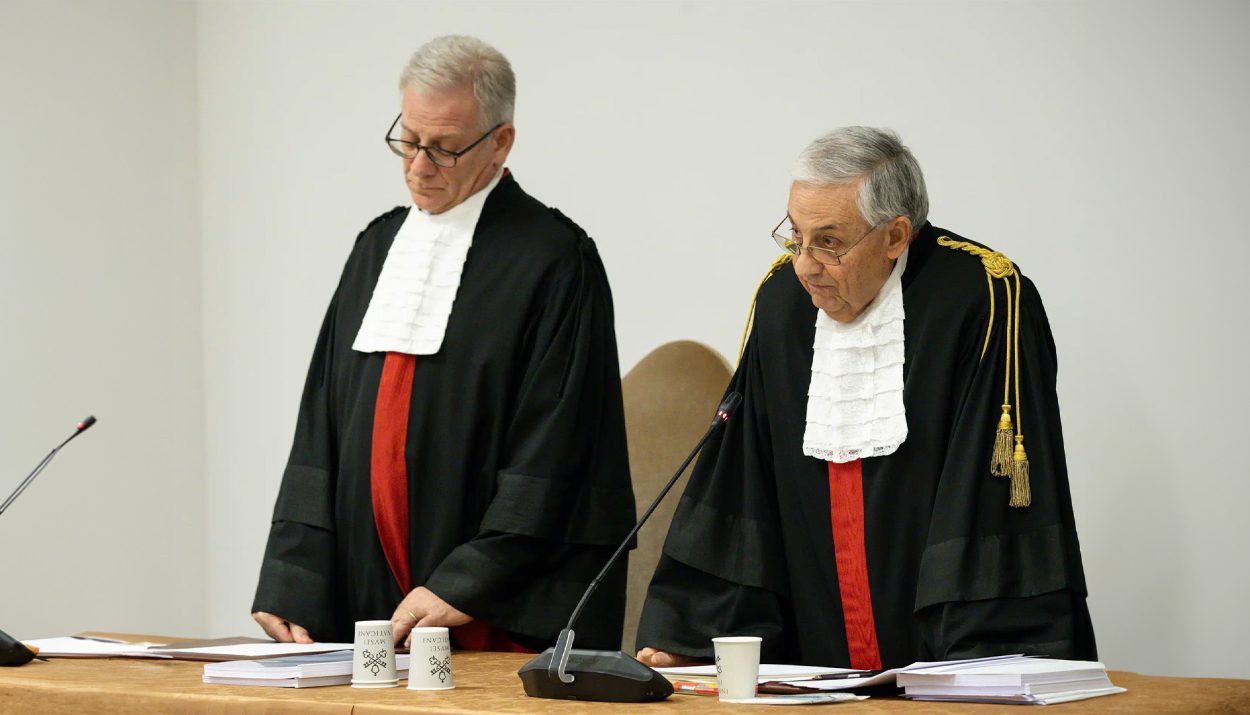The Vatican’s recently concluded “trial of the century” has come under fire from prominent lawyers who argue that the proceedings violated basic defense rights and rule of law norms. The trial’s outcome could have far-reaching consequences for the Holy See on the international stage.
Pope Francis’ Role in the Trial Questioned
Critics of the Vatican’s “trial of the century” have pointed to Pope Francis’ direct involvement in the proceedings as a cause for concern. During the investigation, the Pope secretly changed Vatican law four times to benefit prosecutors, raising questions about the fairness and impartiality of the trial.
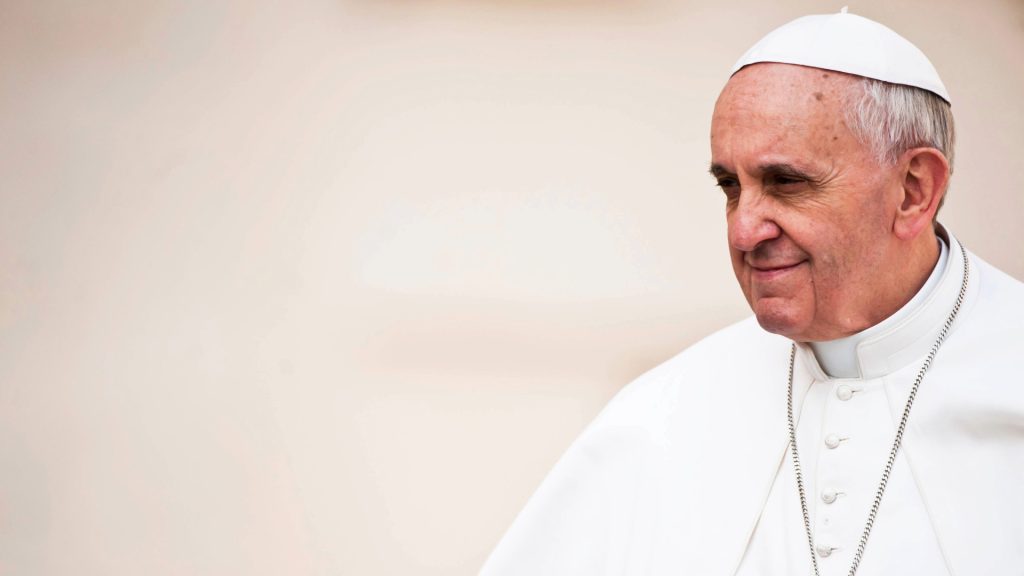
The Pope’s actions have led to doubts about the independence of the Vatican’s tribunal, as its judges swear obedience to Francis, who holds the power to hire and fire them at will. This apparent lack of separation between the executive and judicial branches has drawn criticism from legal experts.
Growing Problems for the Vatican on the International Stage
The critiques of the Vatican’s legal system underscore the increasing challenges faced by the Holy See in the international community. As an absolute monarchy where the Pope wields supreme legislative, executive, and judicial power, the Vatican’s unique structure has come under scrutiny.
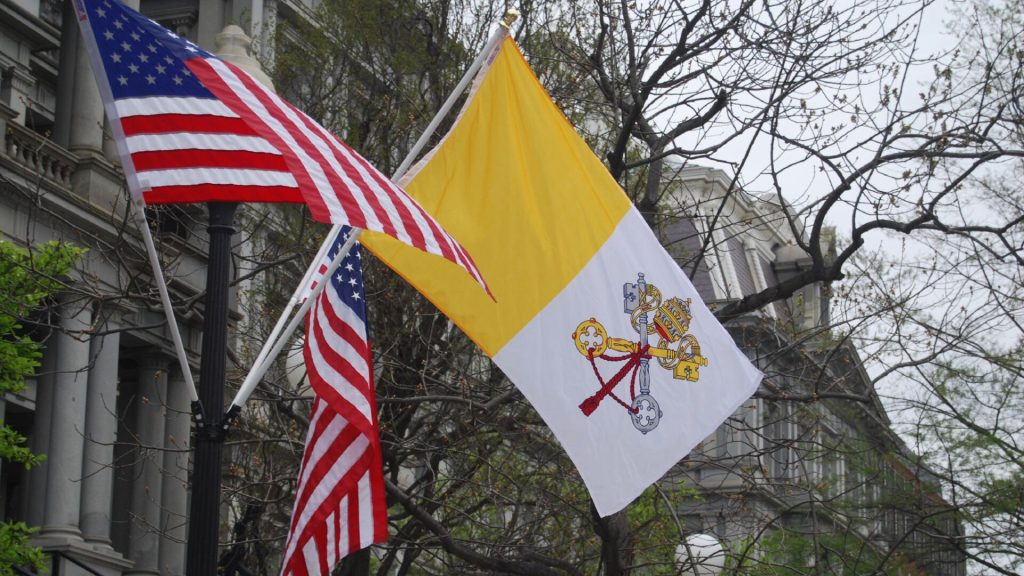
The legal opinions expressed by prominent lawyers are expected to play a role in the appeals process within the Vatican court system for the nine individuals convicted of financial crimes related to a failed London property investment. Additionally, these concerns may be raised during the ongoing review of the Holy See’s compliance with European norms at the Council of Europe.
Defense Attorneys’ Objections Repeatedly Rejected
Throughout the two-year trial, defense attorneys repeatedly highlighted issues related to the fairness of the proceedings. However, the tribunal, led by Judge Giuseppe Pignatone, consistently rejected their motions, drawing further criticism from legal experts.
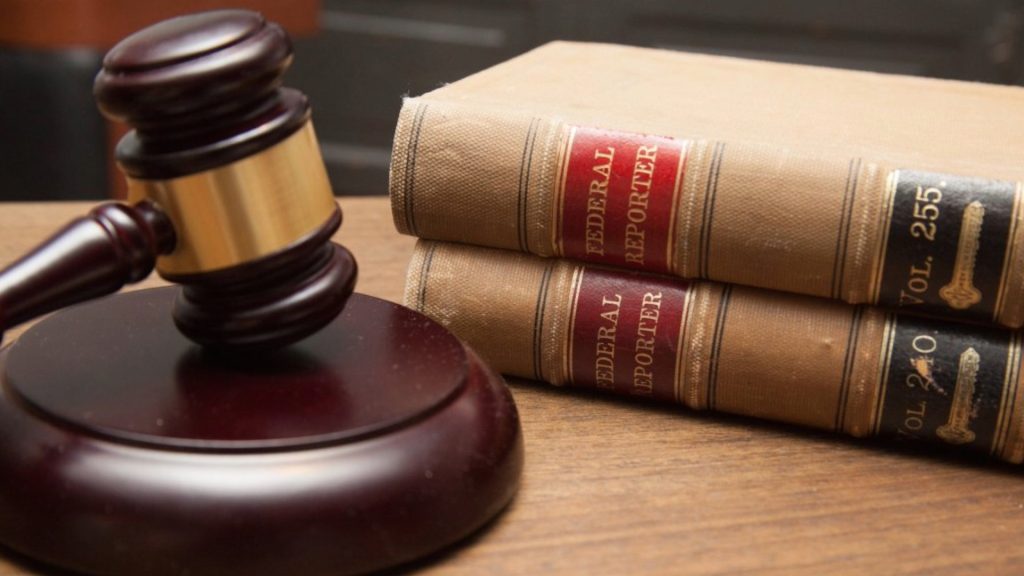
Despite the Vatican’s insistence that the trial was conducted fairly and with respect for the suspects’ rights, many outside observers disagree. Geraldina Boni, a professor of canonical and ecclesiastic law at the University of Bologna, argued that the Pope’s secret decrees gave prosecutors “carte blanche” to pursue their case without proper judicial oversight.
Violation of the Right to a Fair Trial
In an article published in a peer-reviewed legal journal, Boni and her colleagues contended that the Pope’s decrees represented a clear violation of the right to a fair trial. The decrees, which were never made public, gave prosecutors the authority to intercept suspects’ communications and take “whatever” precautionary measures they deemed necessary, even if it meant deviating from existing Vatican law.
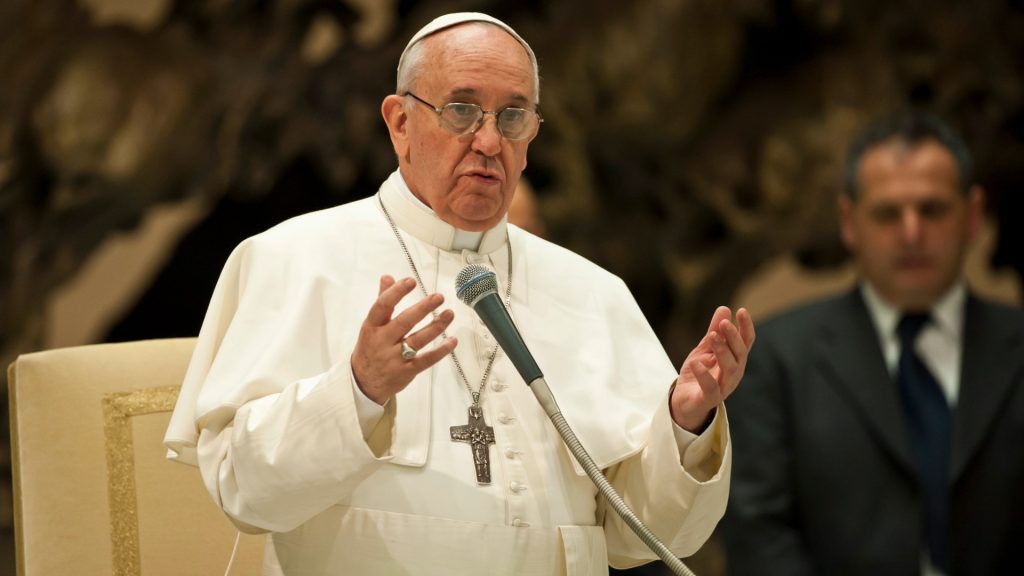
The defense only learned of the decrees’ existence once the trial was already underway, placing them at a significant disadvantage. Boni argued that this lack of “equality of arms” between the defense and prosecution undermined the fairness of the entire trial.
The Ends Cannot Justify the Means in Criminal Law
While Pope Francis has suggested that the measures taken were necessary to ensure the trial could proceed, Boni countered that in criminal and procedural law, the ends cannot justify the means. She warned that such an attitude could lead to the justification of any conduct or use of sovereign power in the pursuit of a guilty verdict.
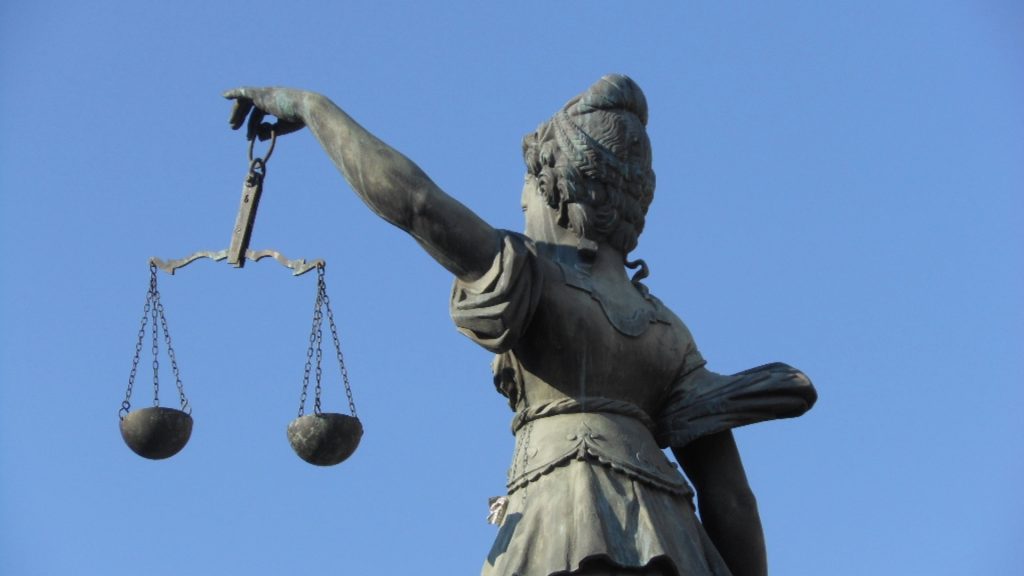
Even though the tribunal attempted to compensate for the “unacceptable abuses,” Boni maintained that the anomalies were so severe that they invalidated the entire trial. She went so far as to suggest that the proceedings may have violated divine law, to which even the Pope is subject.
The Holy See’s Obligation to Uphold European Norms
Paolo Cavana, a professor of canonical and ecclesiastic law at the Vatican-affiliated LUMSA University, argued that the Holy See is obligated to uphold European norms guaranteeing a fair trial “by an independent and impartial tribunal.” Although the Vatican never formally signed the European Convention on Human Rights, Cavana asserted that it committed to upholding the convention’s fundamental principles when it entered into a monetary agreement with the EU in 2009.
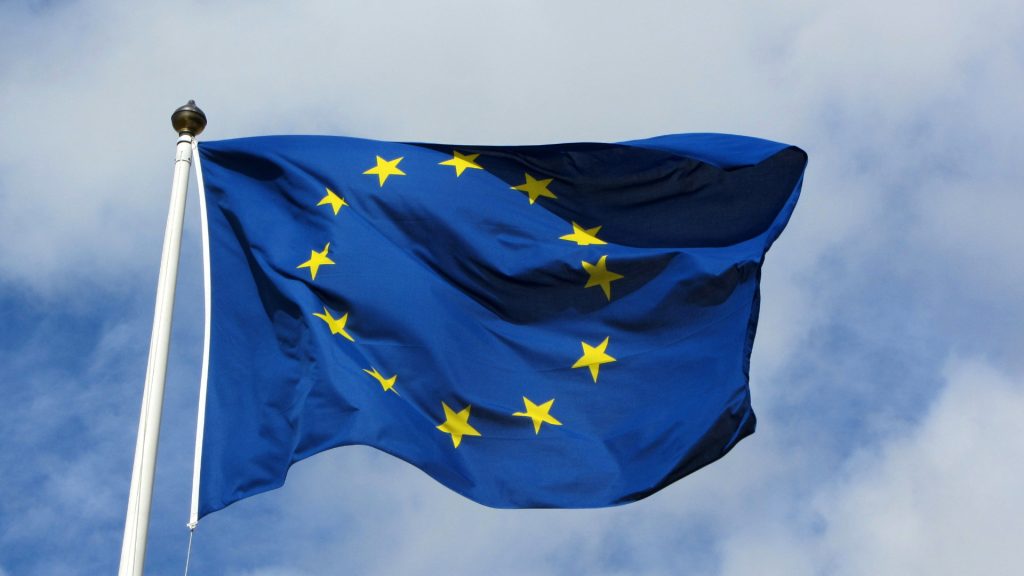
However, Cavana acknowledged that the true independence of Vatican judges is a matter of debate, given the extensive powers held by the Pope. He suggested that the papal decrees likely exerted significant pressure on the judges regarding the outcome of the trial.
Potential Consequences for the Vatican’s International Relations
Cavana, who also serves as an adviser to the Italian premier on church and Vatican matters, cautioned that Italy and other states might refuse to recognize sentences handed down by a tribunal whose judges are not considered independent and impartial. This could have significant implications for the Vatican’s international relations and its ability to cooperate with other nations on legal matters.
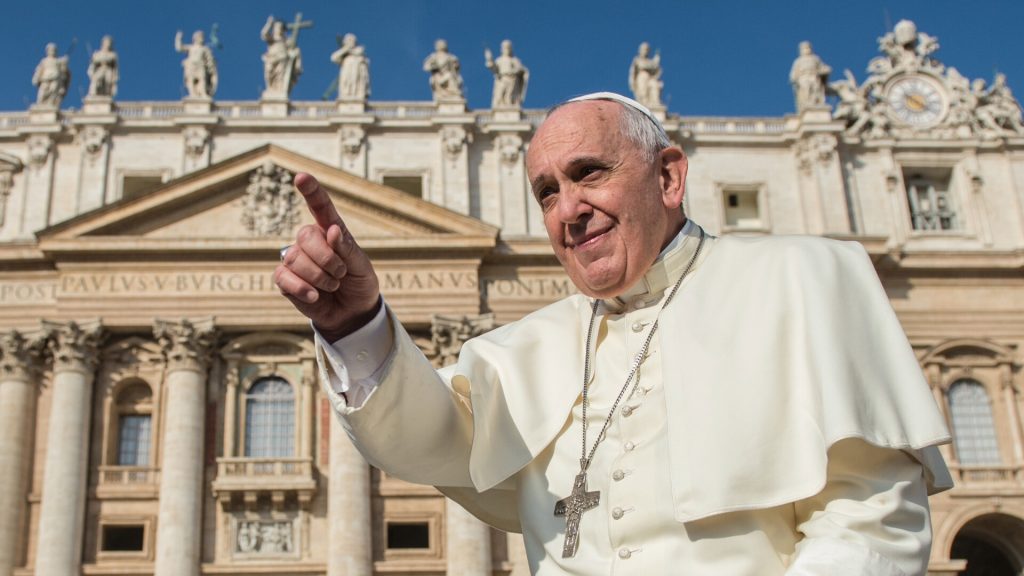
Rodney Dixon, a respected British international and human rights lawyer, echoed these concerns in a legal opinion prepared at the request of one of the defendants. Dixon argued that countries should refuse to cooperate with the Vatican tribunal and respect its verdicts, citing the substantial violations of international legal obligations that marred the trial.
Violations of Defendants’ Rights Highlighted
Dixon, who has extensive experience serving as counsel before various international courts, pointed to several specific violations of the defendants’ rights. These included the four papal decrees, the tribunal’s refusal to allow one defendant to call seven witnesses, and the prosecutor’s failure to provide all evidence to the defense.

Despite repeated claims by the defense that the suspects were not receiving a fair trial, tribunal head Pignatone dismissed these concerns. In one particularly controversial decision, Pignatone excluded the testimony of defendant Gianluigi Torzi, who had been arrested and detained for 10 days without being charged, thanks to the special powers granted to prosecutors by the Pope.
Vatican’s Claim of Adhering to International Principles Questioned
In a March 2022 ordinance, Pignatone asserted that while the Vatican had not formally adhered to any international human rights conventions, its laws fully incorporated the principles enshrined in these agreements. He also noted that Italian and Swiss courts had previously recognized the independence and impartiality of Vatican judges.

However, critics argue that the Vatican’s actions throughout the “trial of the century” have called into question its commitment to these principles. The lack of transparency, the Pope’s direct involvement, and the apparent disregard for defendants’ rights have led many to doubt the fairness and impartiality of the Vatican’s legal system.
The Importance of an Independent Judiciary
The controversy surrounding the Vatican’s “trial of the century” highlights the crucial role that an independent judiciary plays in ensuring the fair administration of justice. When judges are subject to the influence or control of other branches of government, it becomes difficult to maintain the public’s trust in the legal system.
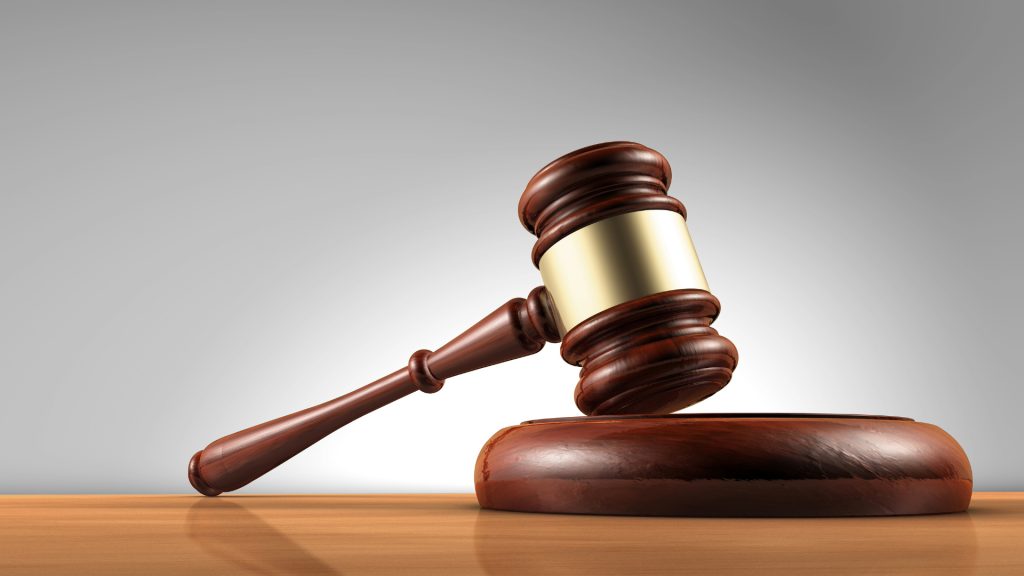
In the case of the Vatican, where the Pope holds supreme authority over all aspects of governance, the independence of the judiciary is particularly vulnerable. As the Holy See continues to navigate its unique position on the international stage, it will need to address these concerns and demonstrate a genuine commitment to the rule of law and the protection of individual rights.
Balancing the Vatican’s Spiritual and Temporal Roles
The Vatican’s dual role as both a spiritual authority and a temporal state presents unique challenges when it comes to the administration of justice. As the leader of the Catholic Church, the Pope is tasked with upholding moral and religious teachings, while as the head of the Vatican City State, he is responsible for ensuring the fair and impartial application of the law.
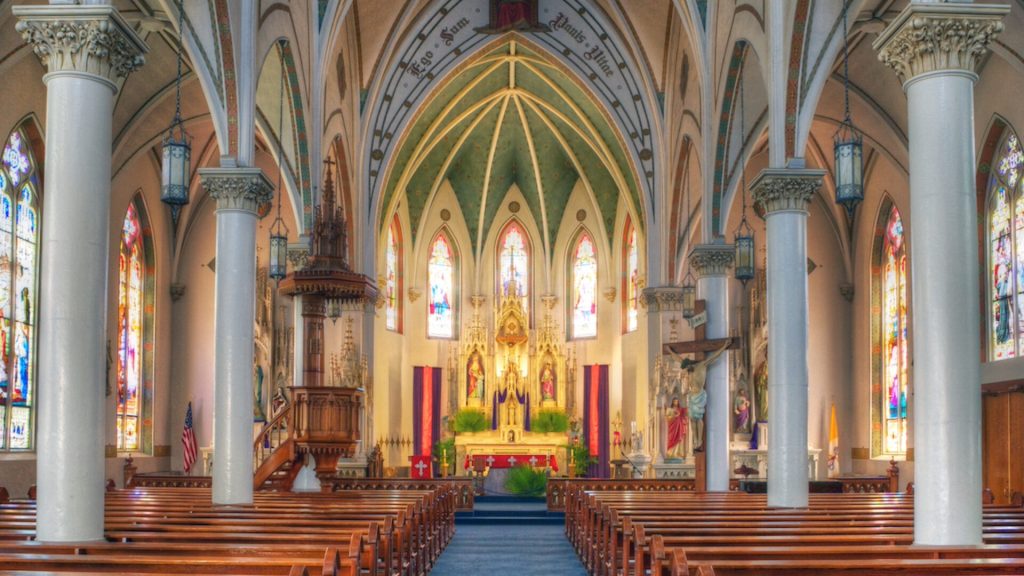
Balancing these two roles is no easy feat, and the recent “trial of the century” has brought the tensions between them into sharp relief. As the Vatican seeks to maintain its moral authority and protect its interests, it must also strive to adhere to the principles of justice and the rule of law that are essential to any functioning legal system.
The Need for Greater Transparency and Accountability
One of the key lessons to be drawn from the Vatican’s “trial of the century” is the need for greater transparency and accountability in the Holy See’s legal proceedings. The use of secret papal decrees and the lack of public access to key documents have raised serious questions about the fairness and legitimacy of the trial.
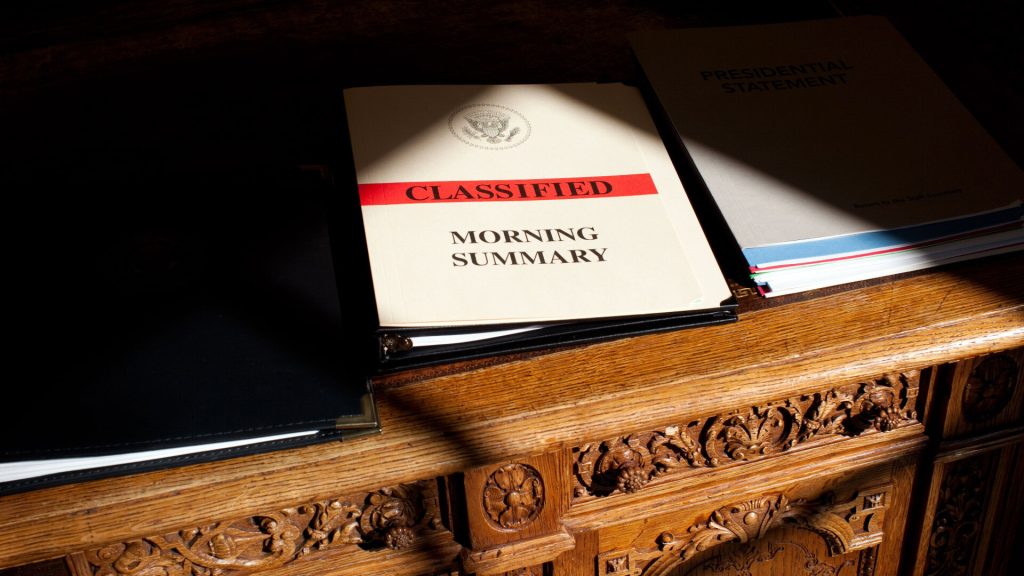
Moving forward, the Vatican must take steps to ensure that its legal system operates in a more transparent and accountable manner. This may involve reforming its laws and procedures to align more closely with international standards, as well as increasing public access to information about ongoing cases and trials.
The Future of the Vatican’s Legal System
The controversy surrounding the Vatican’s “trial of the century” has shed light on the broader challenges facing the Holy See’s legal system. As the Vatican seeks to maintain its influence and relevance in an increasingly complex and interconnected world, it will need to grapple with questions of judicial independence, transparency, and accountability.
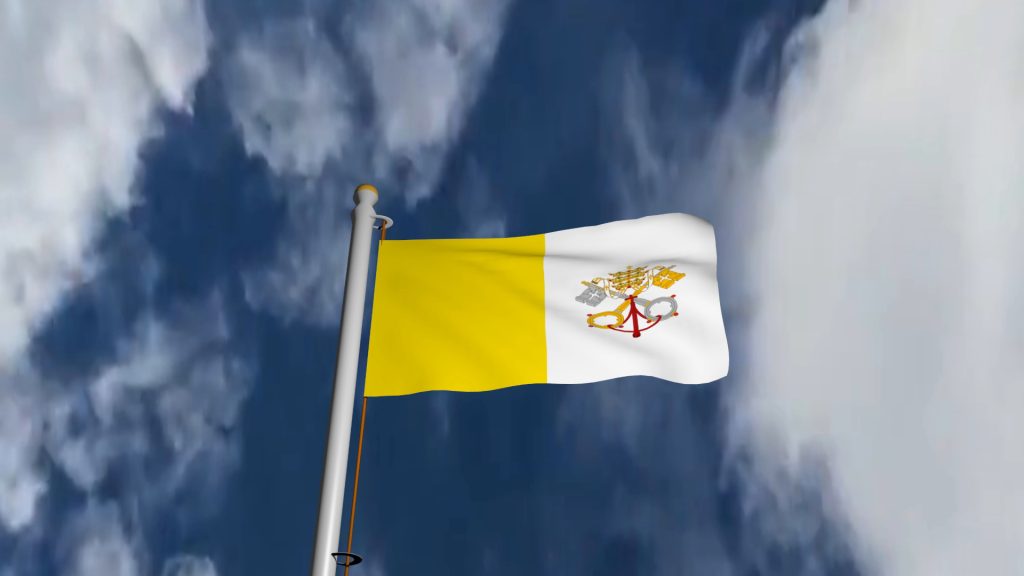
While the Vatican has taken some steps in recent years to modernize its legal system and bring it into closer alignment with international norms, the “trial of the century” suggests that much work remains to be done. As the appeals process unfolds and the Holy See faces ongoing scrutiny from the international community, it will be important to watch how the Vatican responds to these challenges and works to strengthen the integrity and legitimacy of its legal institutions.
A Watershed Moment for the Vatican’s Legal System
The Vatican’s “trial of the century” has exposed significant flaws and shortcomings in the Holy See’s legal system, raising serious questions about its ability to deliver justice fairly and impartially. The Pope’s direct involvement, the use of secret decrees, and the apparent disregard for defendants’ rights have all contributed to a sense of unease and concern among legal experts and observers.
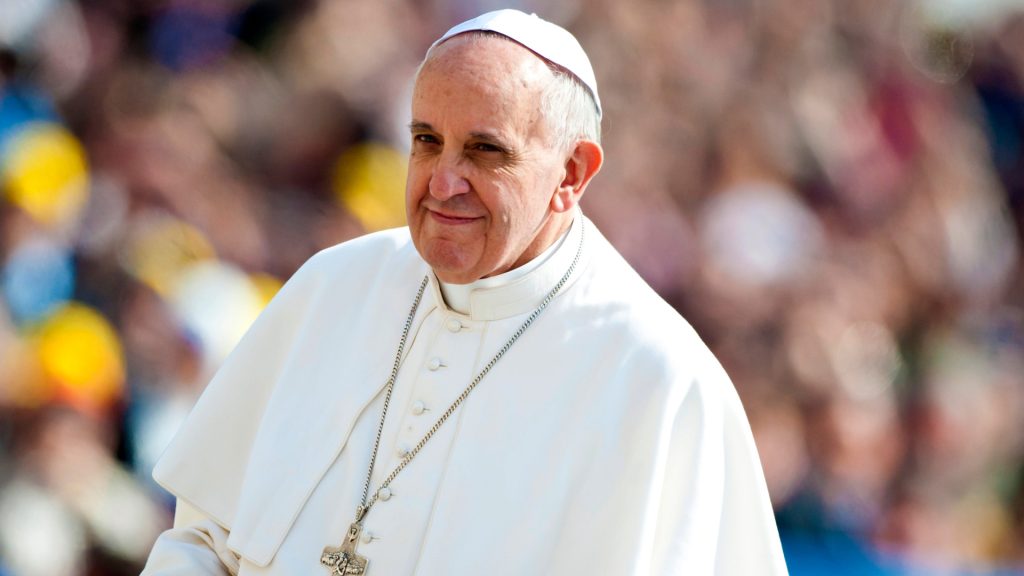
At the same time, the trial has also presented an opportunity for the Vatican to reflect on its legal practices and to take steps towards greater transparency, accountability, and adherence to international norms. As the appeals process moves forward and the Holy See continues to navigate its unique position on the global stage, it will be crucial for the Vatican to demonstrate a genuine commitment to the rule of law and the protection of individual rights. Only by embracing these principles can the Vatican hope to maintain its moral authority and legitimacy in an increasingly complex and skeptical world.

